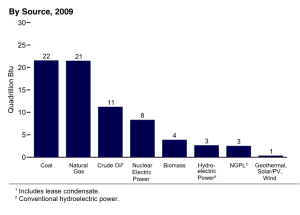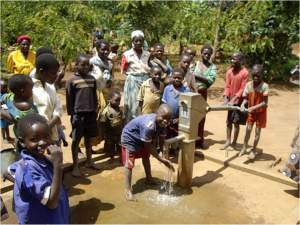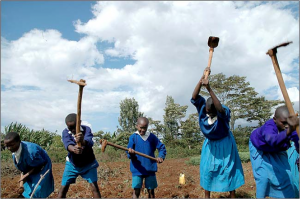Julia Naime (@julianasah) was a research intern at the SISGI Group. She is a graduate of New York University majoring in Economics. During her internship, she researched rural and international development and environmental policies.
Most commented posts
- El Sistema: Music for change — 3 comments
- Saving Lives through Public Transportation — 2 comments
- Conservation and development — 1 comments
- Information and Consumption — 1 comments
- Mexico’s Rural Migrations — 1 comments







